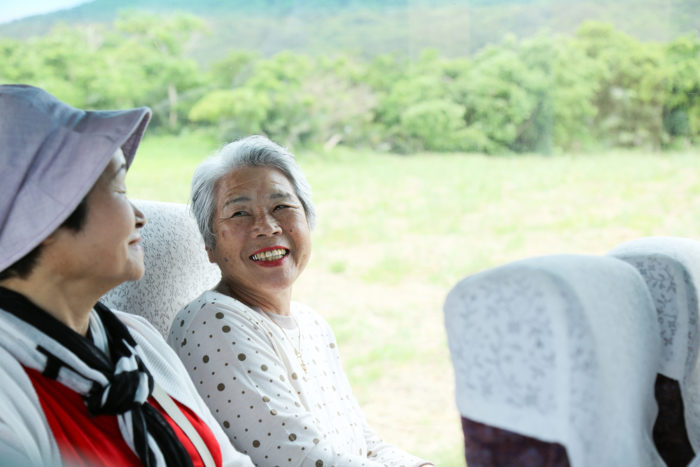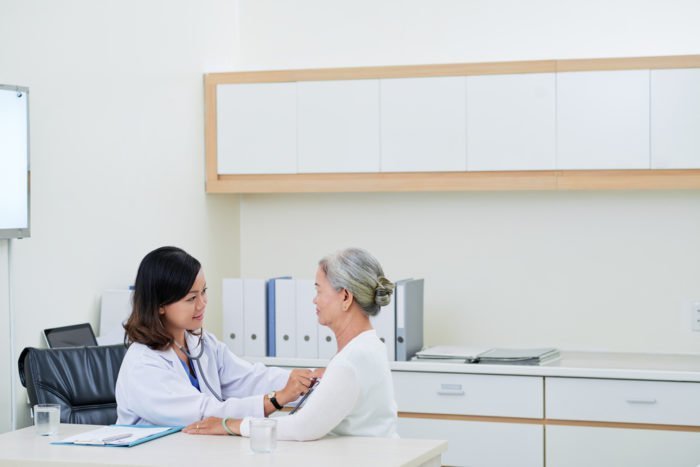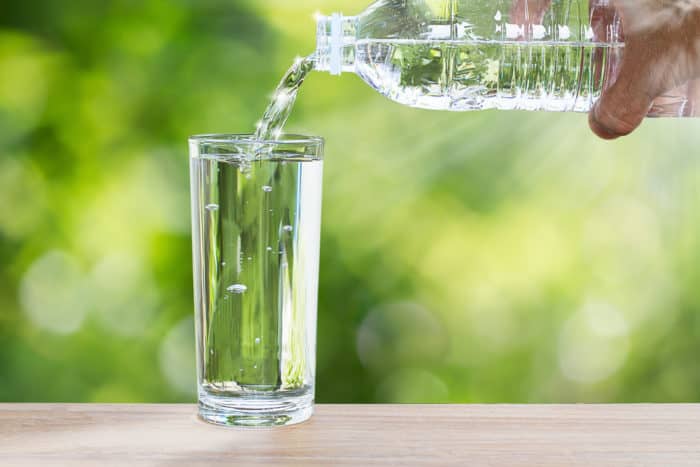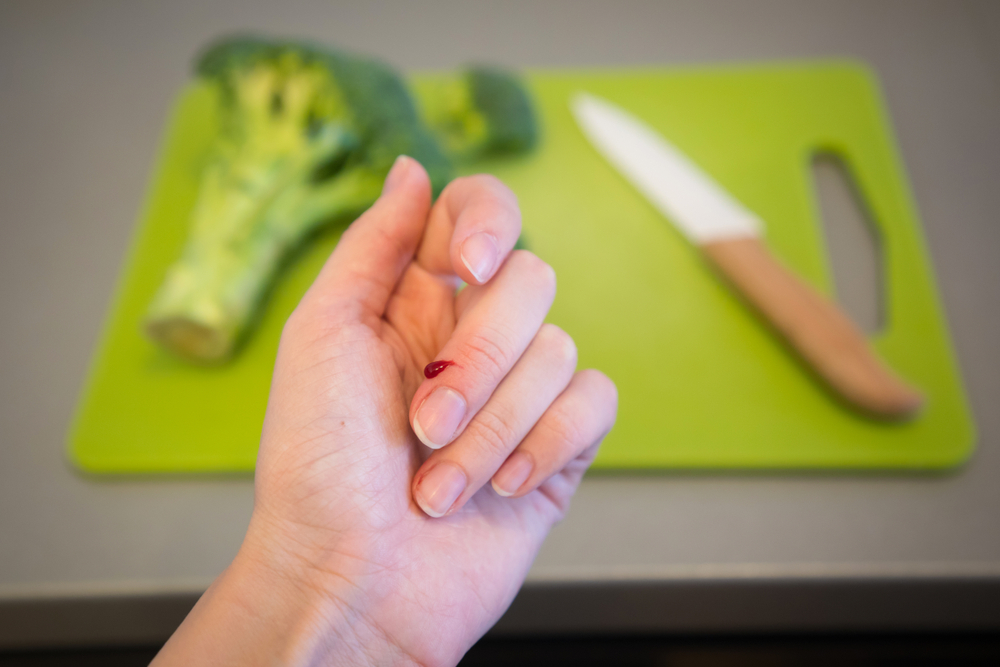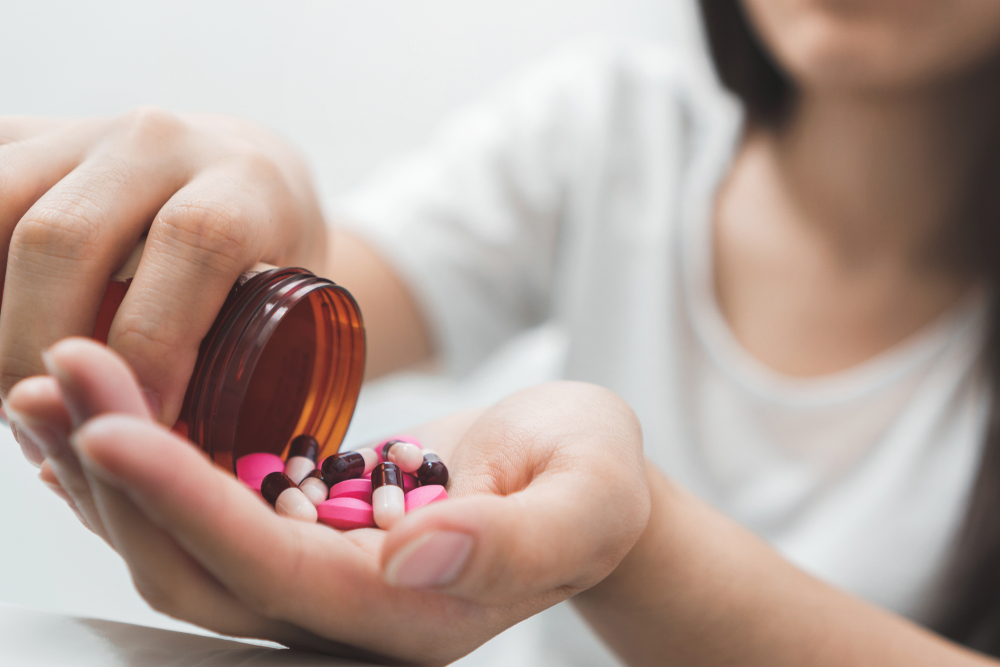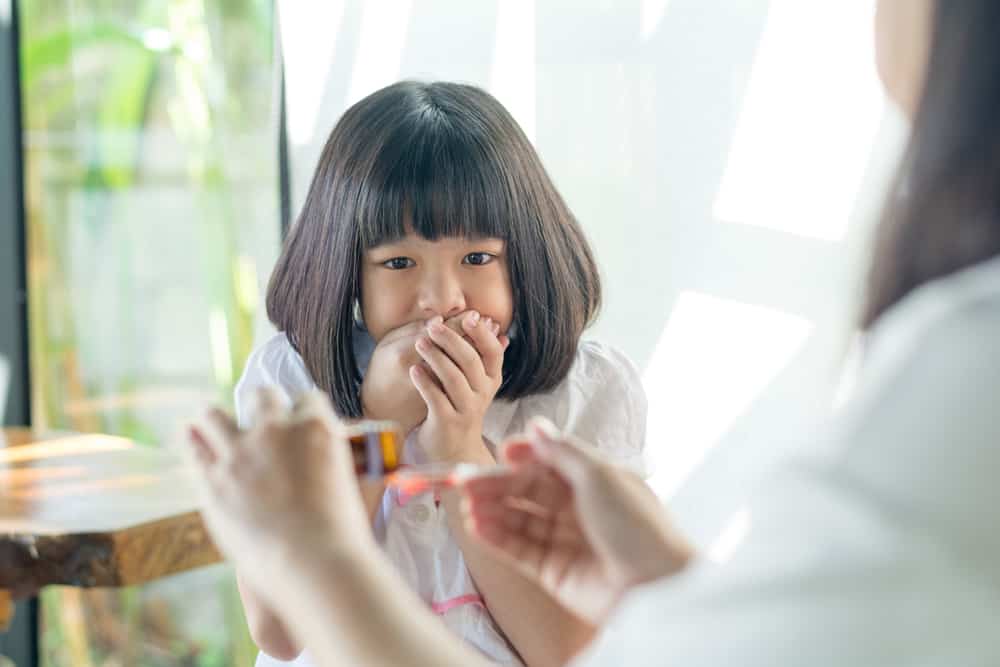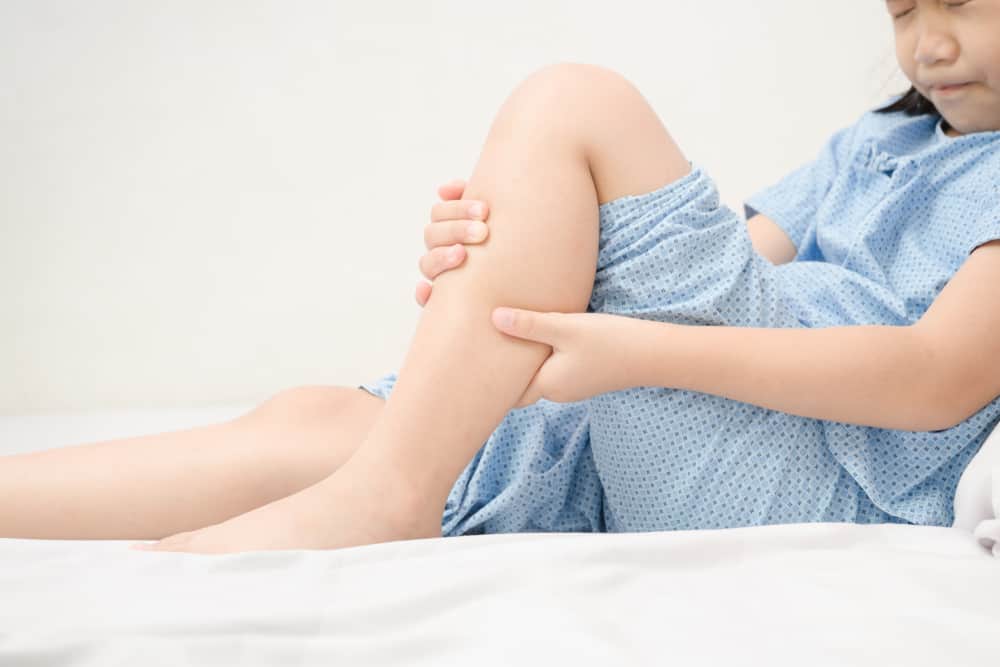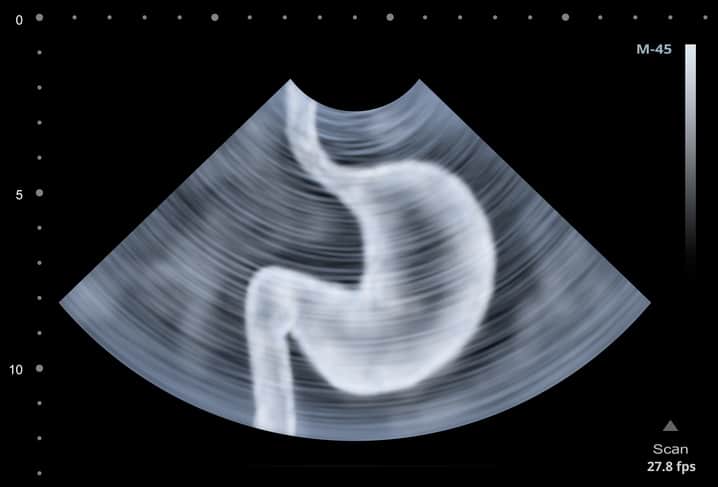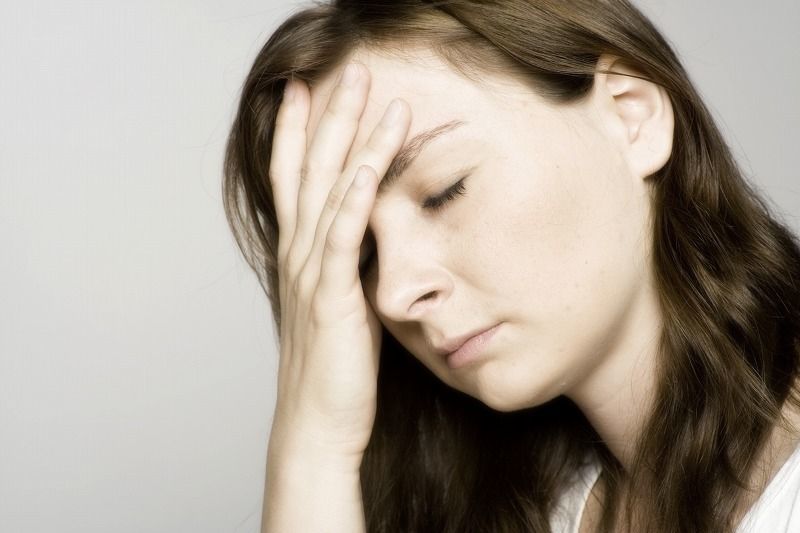Contents:
- Medical Video: Caregiver Training: Refusal to Bathe | UCLA Alzheimer's and Dementia Care
- Various tips for safe going home with the elderly
- 1. Select the right transportation mode
- 2. First check the health condition of the elderly
- 3. Bring all the drugs needed
- 4. Maintain fluid intake
Medical Video: Caregiver Training: Refusal to Bathe | UCLA Alzheimer's and Dementia Care
Homecoming is something that every family who has a hometown has been waiting for. How not, when going home usually all families who live far apart will gather in one place and celebrate Eid al-Fitr together. Even though it takes a struggle that takes time and energy, going home remains a favorite moment that is always awaited. That is why many people will try to go home, even if they have to bring the elderly (elderly people). So, how about tips on safe going home with the elderly?
Various tips for safe going home with the elderly
Homecoming with the elderly requires special preparation. The physical condition of the elderly who are no longer as fit as young people makes it require special attention, especially before making a long trip. This preparation is carried out for the sake of safe and comfortable homecoming.
The following are various things that need to be considered when you plan to go home together with the elderly.
1. Select the right transportation mode
Choosing the right transportation is the first thing to do when you are going home with the elderly. You need to think about various transportation options that can be used and are low risk. In addition, consider also the travel time of each mode of transport. Between cars, trains and planes, which is the safest, most affordable and most accessible transportation.
In addition, you also need to consider toilet access because during the trip the elderly will urinate more often due to the decreased bladder function.
Elderly people usually cannot sit for long. Sitting too long can increase risk deep vein thrombosis (DVT). DVT occurs when it occurs when a blood clot forms in a blood vessel. This condition of DVT is easier to occur if the elderly suffer from diabetes, heart disease, and stroke.
Generally this condition occurs in the legs because it is too long to bend. If left unchecked this condition can inhibit blood flow and is dangerous for the health of the elderly. Swollen feet, pain when standing or walking, feet feeling hot, and redness can indicate this condition.
Consult this possibility with the doctor. Usually doctors will prescribe blood thinners and other best treatment options such as wearing compression stockings to prevent DVT.
2. First check the health condition of the elderly
The most important thing to do is to examine the health condition of the elderly. Even though it looks healthy, you still need to check your parents' health thoroughly. This is done to prevent the elderly who suddenly get sick while traveling. Therefore, seeing a doctor is a must before you go home.
In addition to health checks, you also need to consult the plan back and forth to the doctor in question. This is done so that doctors can tell tips and tricks that need to be done to keep the elderly in top condition during homecoming.
The doctor will also explain various preventive measures and how to deal with various health problems that may arise. Not only that, you also need to ask various dietary restrictions and recommendations that should be consumed both during mudik and during Eid.
3. Bring all the drugs needed
Another important thing that should not be forgotten when going home with the elderly is to bring all the medicines that are usually consumed, including insulin. Check carefully and if necessary make a list of drugs along with the dosage and time of drinking.
Of course this is done so that you do not forget to bring and give medicine. Forgetting to bring medicine can have serious consequences, especially if the drug includes those that need to be taken on time.
Another thing to note is whether the drugs need to be placed at room temperature or even required to be placed in the refrigerator to maintain quality. Well, if that's the sign, you need to prepare a portable cooler that can be carried when going home.
Put the medicine and the list in a special container, do not mix with other medicines that belong to you or others. This is done to make it easier for you to look for it if you need it at any time.
4. Maintain fluid intake
Elderly people are generally prone to dehydration. Therefore, maintaining fluid intake during the trip has become a mandatory thing you need to do. Based on the number of nutritional adequacy issued by the Indonesian Ministry of Health, elderly drinking needs in a day are:
Woman
- 60-64 years: 2.3 liters
- 65-80 years: 1.6 liters
- Above 80 years: 1.5 liters
Man
- 60-64 years: 2.6 liters
- 65-80 years old: 1.9 liters
- Above 80 years: 1.6 liters
However, do not let the elderly drink too much, exceeding the limit set above. Because, too much drinking can also make the elderly attacked by hyponatremia, or a condition when the level of sodium in the blood is too low.
After learning various tips, let's prepare your homecoming with the elderly who are safe, fun, and healthy from now on.


